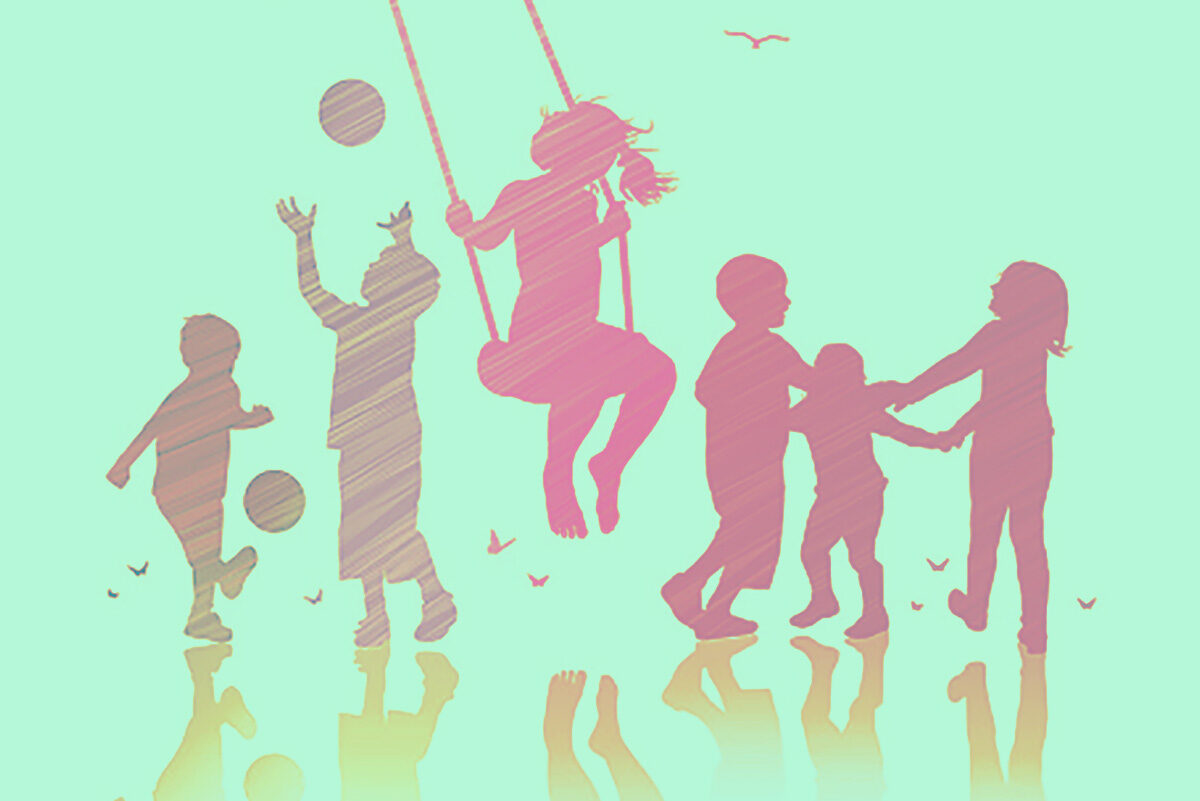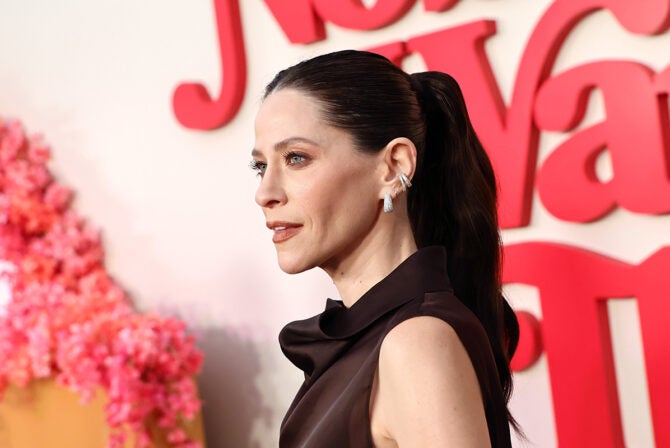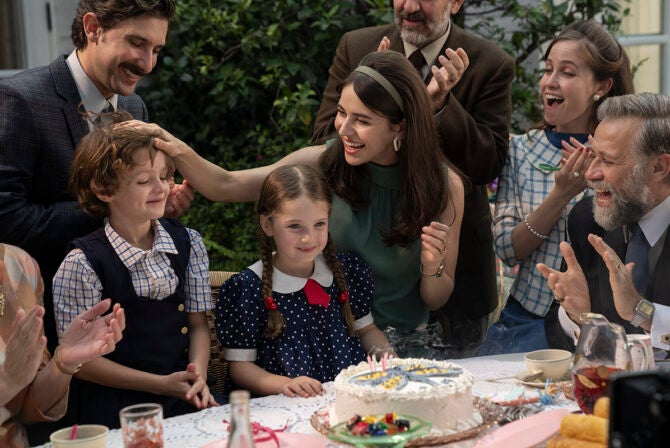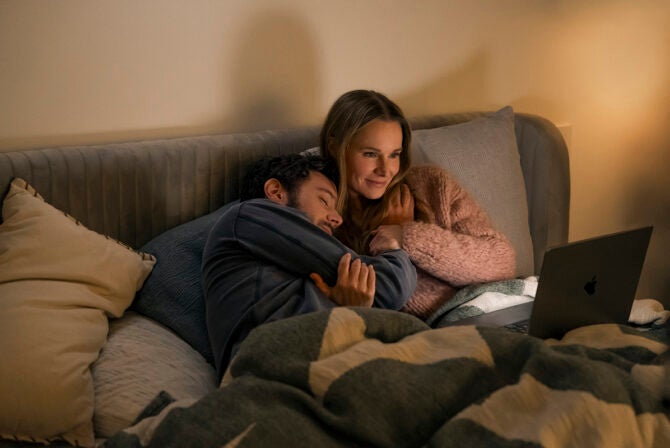When we launched Camp Kveller, we knew we wanted to include an episode about meeting the needs of all members of the Jewish community who are spending this summer at home — including those with various disabilities.
In “normal” times, camp is generally a place where different strokes indeed exist for different folks. Many camps offer a wide variety of program types that allow children who may not have the opportunity to shine in school settings, for example, experience that pride in themselves for excelling in some way.
But what does this mean for many of these kids this summer, when many camps are canceled and/or have gone virtual?
In last week’s Camp Kveller episode, we were joined by Dori Kirshner, executive director of Matan — which offers year-round special education teacher training for all types of Jewish educational settings, including synagogues, schools and camps — and Howard Blas, director of the National Ramah Tikvah Network, which has been creating space for kids with disabilities since the early 1970s.
When it comes to inclusion, there are a variety of models that Jewish camps used over the years. These vary widely, including those who identify as disabled are fully integrated in standard bunks, models where disabled campers sleep separately but participate with the larger group during daytime activities, and some programs are tailor-made for disabled campers.
Of course, due to Covid-19, very little of this is happening this summer. While the pandemic presents new challenges towards inclusivity, it also provides us with unprecedented new perspectives and opportunities.
Learn what our expert guests have to say about this here, or read on for some key takeaways, below.
1. Our boats may look different, but everyone is in a boat this summer.
The global experience of quarantining has served as an equalizer. And, on the plus side, moving programming online has enabled many disabled members of a community to participate in more activities! Some campers have expressed their joy in being able to join for all programs. Plus, online platforms have allowed campers to interact across time zones, as well as parents and all camp stakeholders.
2. Make routine routine.
Routine is very important for many individuals and, even if there is no camp this summer, online programming allows parents to implement a semblance of a schedule, sans school. The increased amount of online offerings has also increased opportunities for parents of disabled children to network and trade tips on how to keep children engaged and happy during this time.
3. Take advantage of new online initiatives.
Online content is being made and shared by so many talented people, including Matan’s picture story written by founder Meredith Polsky about wearing masks that helps make it ess scary for children. Also, online hubs have been created to help camp staffers and parents trade lessons learned and tips on how to navigate this challenging situation
4. Look ahead to the future.
These days, we can all empathize with the feelings of isolation and loneliness. We’ve all experienced the need to adapt our rituals and practice to an online format, something Jews have done with everything from Zoom seders to online baby naming ceremonies. Some of these adaptations will have lasting positive effects: Online programming allows those who are homebound to participate in community and even family functions. One lesson that will hopefully transcend Covid-19 is being able to identify those who are isolated and channel the online programs and tools to keep these individuals connected to the Jewish community.
Up next at Camp Kveller, we’re addressing an age bracket that, despite their theoretical ability to feed, clean up after, and dress themselves, can be oh-so challenging: adolescents. That’s right, get ready for the QuaranTEEN episode of Camp Kveller! We will be joined by Rebecca Ruberg, teen engagement consultant at the Jewish Education Project, and David Weinstein, director of Camp Tel Yehudah. Hope to see you this Thursday July 9 at 12 p.m. EDT for another round of Camp Kveller!
Header image by paci77/Getty Images.








